Mitochondrial metabolism promotes adaptation to proteotoxic stress
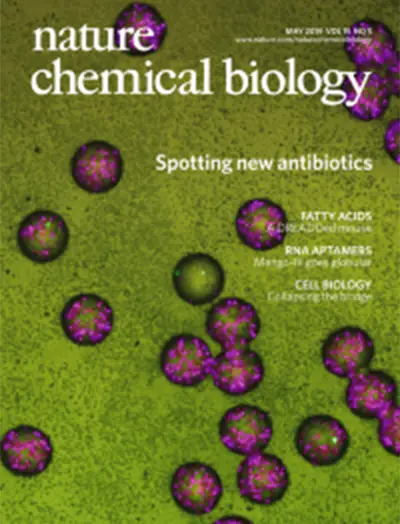
This study was focused on understanding the mechanism cells use to adapt to proteotoxic stress. Part of the work used a panel of 549 PRISM cell lines grown in either glucose or galactose (to increase dependency on mitochondrial metabolism) in the presence or absence of bortezomib. Increased mitochondrial metabolism promoted proteasome inhibitor resistance.
Multiplexed single-cell transcriptional response profiling to define cancer vulnerabilities and therapeutic mechanism of action
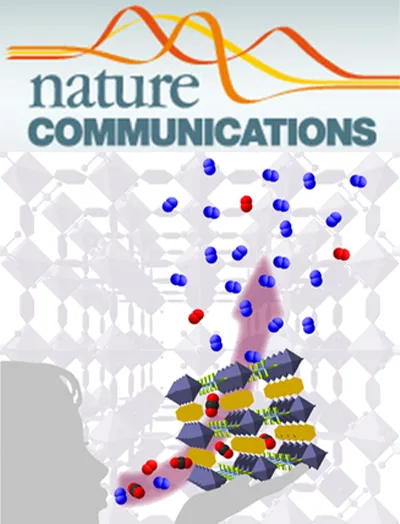
This paper introduces the MIX-Seq method for multiplexed transcriptional profiling of pooled cell lines that undergo drug treatment. Individual cell line identities were determined based on their single-nucleotide polymorphism (SNP) profiles. This method enables profiling of chemical or genetic perturbation response in pools of 100+ cancer cell lines.
The landscape of cancer cell line metabolism
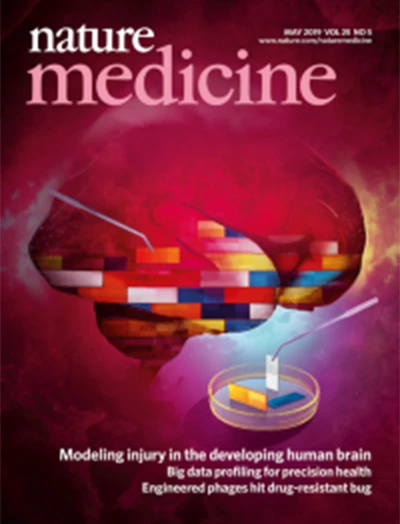
This work sought to create a comprehensive resource of the metabolic diversity of cancer. Part of the study involved pooling 544 adherent PRISM cell lines which were then grown under media conditions with varied amino acid concentration to understand the effect on cell viability.
Pan-cancer single-cell RNA-seq identifies recurring programs of cellular heterogeneity
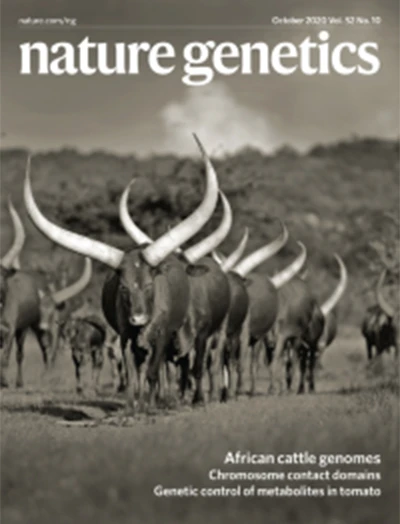
198 PRISM cell lines were pooled and profiled by scRNAseq with the 10X Genomics Chromium system. This work compiled the landscape of heterogeneity across cancer cell lines and identified recurrent programs of cellular heterogeneity shared between tumors and certain cell lines.
An Embryonic Diapause-like Adaptation with Suppressed Myc Activity Enables Tumor Treatment Persistence

A panel of 253 PRISM cell lines were cultured in 2D and 3D conditions for 15 days with chemotherapy treatment. 3D cultures retained >10% viability whereas 2D cultures fell to <0.1%. Overall this study showed that CDK9 inhibition enhances chemosensitivity in Myc-suppressed, chemo-persistent cells.
Methionine synthase is essential for cancer cell proliferation in physiological folate environments
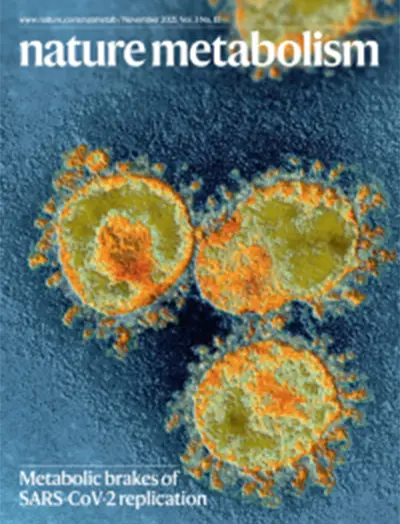
The PR500 PRISM cell set was grown with either folic acid or 5-methyl tetrahydrofolate (THF) as a folate source and treated with several methotrexate doses. Cells exposed to 5-methyl THF were found to be more resistant to methotrexate indicating that environmental folate source affects folate metabolism and response to antifolate drugs.
A metastasis map of human cancer cell lines
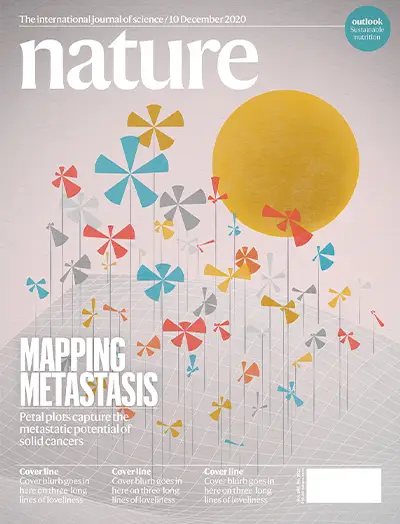
This work details the creation of a first-generation metastasis map to reveal organ-specific patterns of metastasis of 500 PRISM cell lines. This was done by injecting pools of 5 cell lines into mouse xenograft models. Results were used to develop the MetMap resource (depmap.org/metmap).
Massively parallel pooled screening reveals genomic determinants of nanoparticle delivery
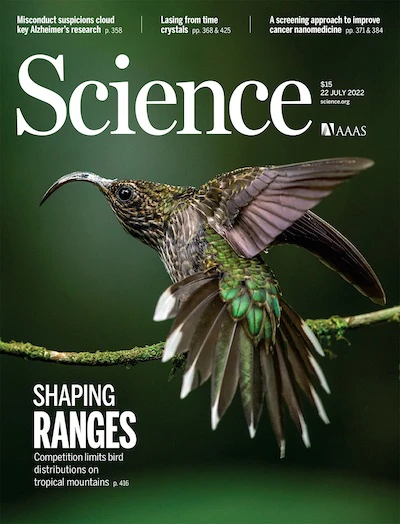
This paper introduces a novel ‘nanoPRISM’ method that leverages the PRISM cell set to understand the structure-function relationship of nanoparticles. For this study, the PR500 was treated with a library of modular fluorescent nanoparticles to understand regulators of nanoparticle delivery. In particular, SLC46A3 (a lysosomal transporter) was identified as a negative regulator of lipid-based nanoparticle […]